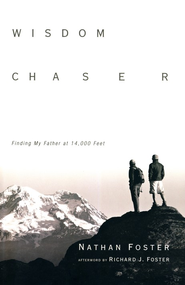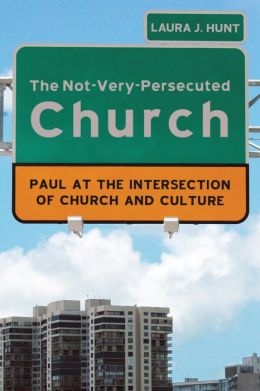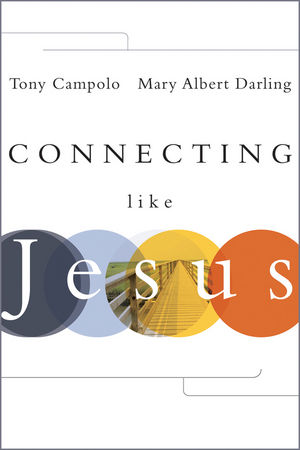Foster, Nathan. Wisdom Chaser: Finding My Father at 14,000 Feet. Grand Rapids, MI: Baker Books, 2014.
 This book, Wisdom Chaser: Finding My Father at 14,000 Feet begins with a simple question from a struggling son to a world famous Father: “Hey Dad, you want to climb the highest mountain in Colorado?'” And for Nathan Foster and his father best selling author, Richard Foster Celebration of Discipline, Prayer, that simple question changed everything. With no hiking experience to draw on, they embarked on a journey of physical challenge, discovering just how far they could push themselves. For Nathan a parallel journey took him inside himself.
This book, Wisdom Chaser: Finding My Father at 14,000 Feet begins with a simple question from a struggling son to a world famous Father: “Hey Dad, you want to climb the highest mountain in Colorado?'” And for Nathan Foster and his father best selling author, Richard Foster Celebration of Discipline, Prayer, that simple question changed everything. With no hiking experience to draw on, they embarked on a journey of physical challenge, discovering just how far they could push themselves. For Nathan a parallel journey took him inside himself.
Having grown up in the shadow of a famous father, Richard J. Foster, Nathan had a lot of questions about who his father really was. Would hiking open the door for him to get to know this distant figure? As the one-time experiment evolved into a decade of challenging hikes up Colorado’s 14,000-foot peaks, the Fourteeners, Nathan navigated his twenties–finishing college, choosing a career, a possible cross-country move, the early years of marriage and a major personal crisis. Along the way he would discover exactly what his father could offer him.
 Rural women and leadership have, in recent years, come to be the focus of development initiatives in many countries. To date, however, much of the writing on this topic has leaned more heavily on structure than agency as influencing attainment of leadership. Citing examples from a case study in Northern Ireland, this book gives agency an equal voice to structure, and pursues both as vital, positive elements in leadership development.
Rural women and leadership have, in recent years, come to be the focus of development initiatives in many countries. To date, however, much of the writing on this topic has leaned more heavily on structure than agency as influencing attainment of leadership. Citing examples from a case study in Northern Ireland, this book gives agency an equal voice to structure, and pursues both as vital, positive elements in leadership development.









